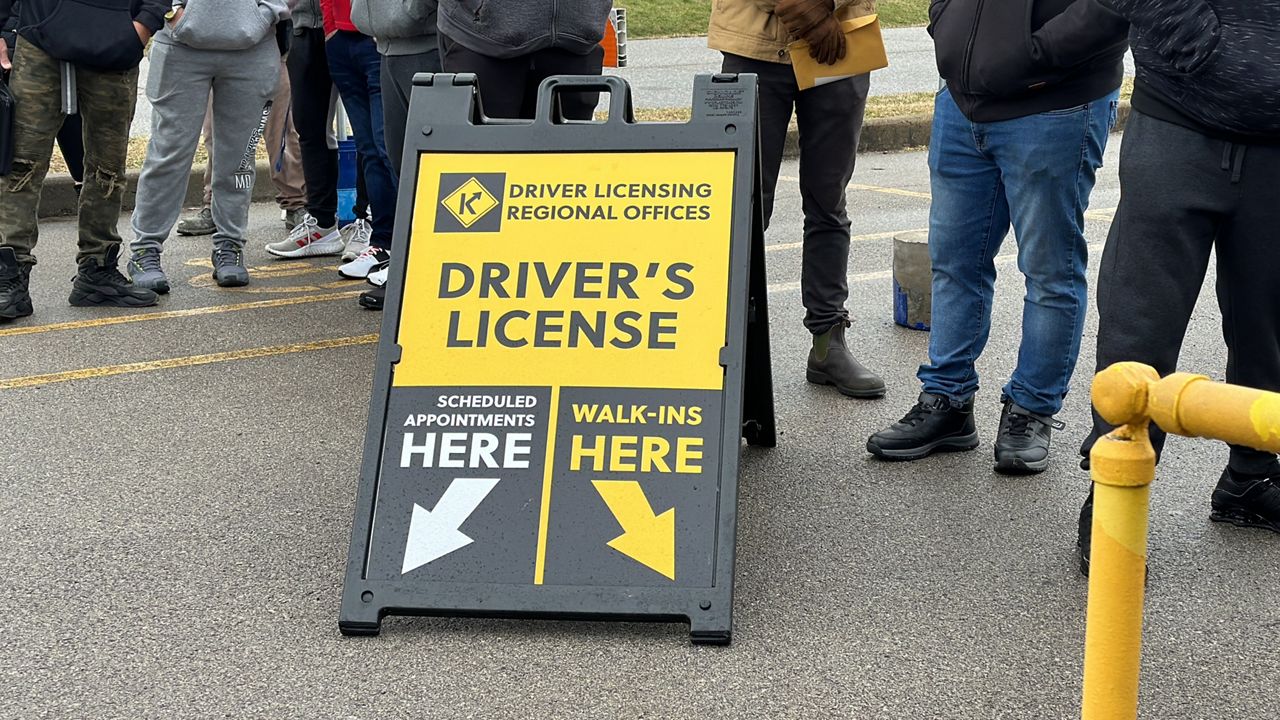COVINGTON, Ky. — A 2004 law to help people battling drug addiction now faces a court challenge.
Lawmakers passed what’s known as “Casey’s Law” in 2004, which allows family or friends to ask a court to order someone to go through drug treatment based on several different factors.
Charlotte Wethington’s son, Matthew “Casey” Wethington, died when he was 23 years old because of a heroin overdose. She said their family tried to get him help for his drug problem.

“Due to the nature of his disease, he was incapable of making the decision that could’ve saved his life,” Wethington said.
Wethington also tried to get a court to intervene, but that didn’t work, either.
“The thought was that he had to want to lose enough and hit bottom,” Wethington said. “Casey did not want to be addicted. He lost more than enough, and he hit bottom.”
She lobbied Kentucky lawmakers to change the law, and in 2004, they passed “Casey’s Law.”
16 years later, the law is being challenged in court by someone who was ordered to undergo treatment.
Tim Arnold, post-trial division director for the Kentucky Department of Public Advocacy, represents the person who filed the case. He said the law violates due process.
“The problem with this law is this law, it is not the objective of the law, which I think a lot of people would agree with,” Arnold said. “I think more treatment is probably a good thing. The problem is this particular law is just extremely poorly written.”
Arnold said the law doesn’t offer any guidelines or regulations for drug treatment, and it doesn’t include a way to help people pay for it if they have money problems.
“It’s a system not for providing drug treatment; It’s really a system for allowing people of means to control their adult children,” Arnold said. “I don’t think there’s a compelling government interest to accomplish that objective.”
Attorney General Daniel Cameron has joined the fight against the challenge, filing an amicus brief in the case.
He said the law continues to be important because of the opioid crisis.
“No one could have anticipated the effect that this epidemic would have on Kentucky families and communities for generations to come,” Cameron said.
And Cameron said he’s confident other, similar court rulings made by the U.S. Supreme Court and the Kentucky Supreme Court will allow the law to stand.
The case file is sealed to protect the filer’s privacy, and Arnold said there’s no timeline for when the case will be resolved.







